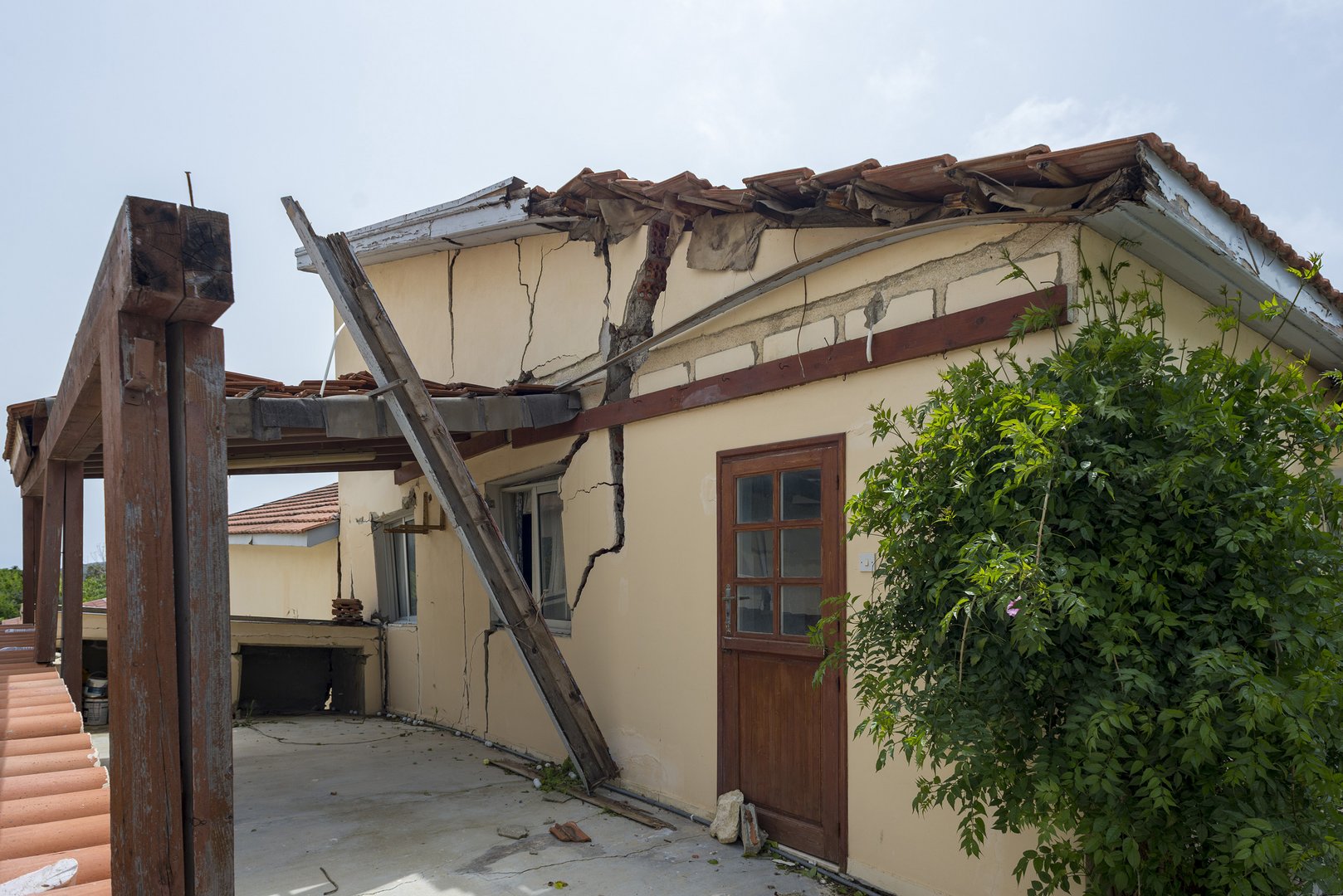A new scientific study on the situation in Pissouri village – where land slippage has made many residences unsafe for habitation – has been finished and is now under review, MPs heard on Thursday.
The study – undertaken by the Geological Survey Department and with the assistance of scientists and also experts from other countries – was described as the most thorough one yet.
It’s scheduled to be discussed next week at a meeting of the inter-ministerial committee on Pissouri.
Chair of the House interior committee Aristos Damianou expressed satisfaction at this “positive development”, coming after years of delays and inaction over the matter.
“The fundamental finding [of the study] is that obviously a problem exists, and what is being looked at is the extent and scope of the problem, leaving aside any hyperbole but also without downplaying the situation,” he said.
Asked about specific findings, he demurred, saying only they would be reviewed by the ministers.
Lawmakers will give the committee a window of three months, and then revisit the matter in October.
“By then, we want to see what political decisions have been taken about this very serious issue.”
Community leader of Pissouri Panayiotis Mavroudis likewise praised the quality of the work in the new study.
The problem, he said, is water accumulating in the subsoil in certain parts of the village.
“It’s a problem that has dragged on for 10 years, a solution must be found, and the solution must be forever,” he stressed.
Since 2012, property owners in the Limnes area of Pissouri have seen gaping cracks appear in interior and exterior walls, making their homes uninhabitable, swimming pools destroyed and roads buckle and split apart.
Pavements, footpaths, retaining walls, drains, water pipes and other infrastructure works have been badly damaged.
Several eviction orders have been issued for people whose homes were deemed unsafe.
In other business at the House interior committee, MPs discussed bills amending the basic legislation governing the overhaul of the system of local government – which took effect in the summer of 2024.
Under the reform, former municipalities and communities merged into new municipal districts.
And five new district self-governance organisations were set up. They have taken over services such as sewerage, water supply, solid waste management and urban planning.
On Thursday, the House committee focused on two issues. First, assigning non-executive authorities to deputy mayors, who under the current system have no official functions but still receive a salary.
Secondly, MPs are reviewing a clause in the basic law which allows local government authorities to raise their charges for various services up to a point for the current year.
Damianou said the amending bills will likely go to the House plenum for a vote on July 10.






Click here to change your cookie preferences